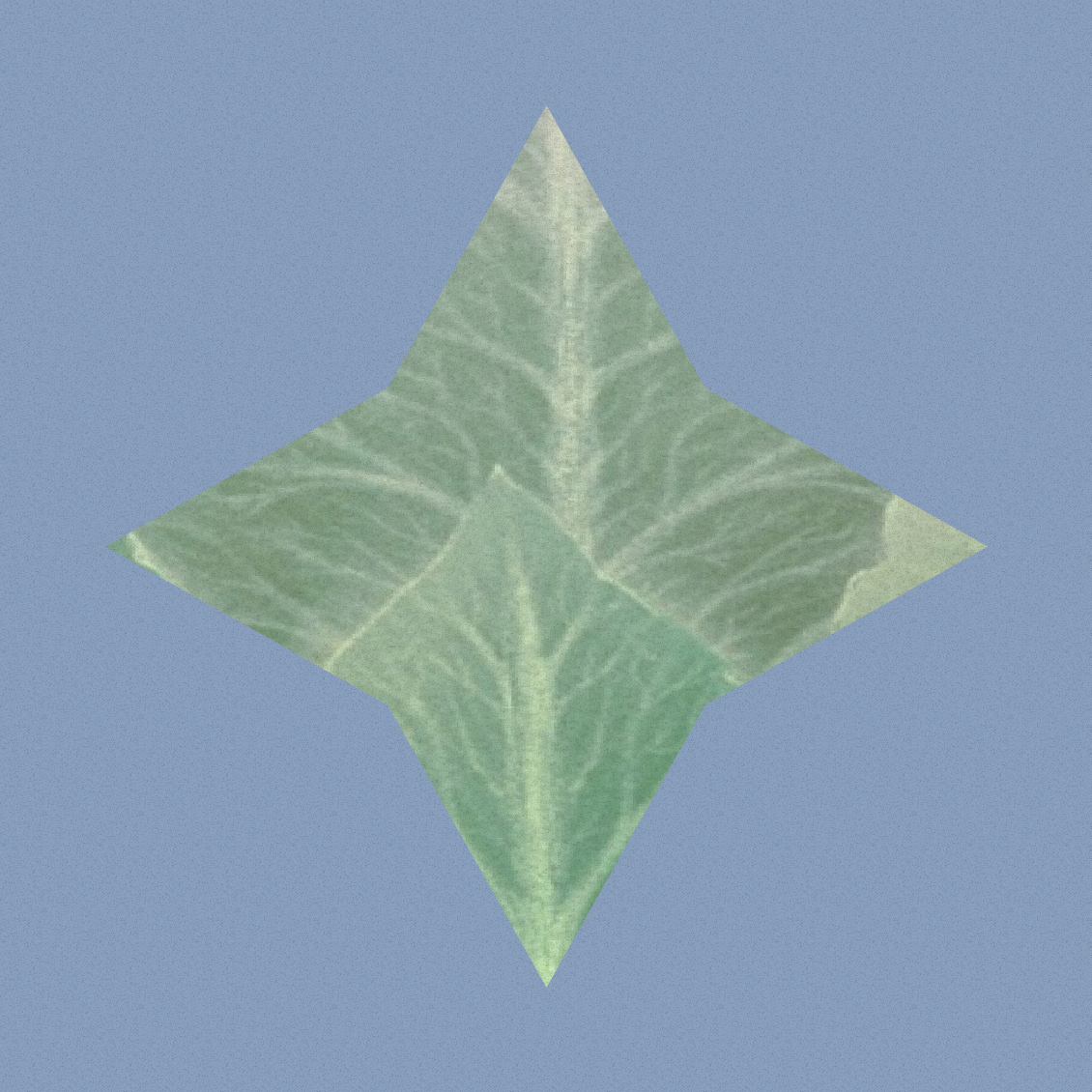
Who do we answer to?
Confucius on Elders
Life Worth Living Team
"To respect parents and elders is the root of humanity.”
Listen on
Each of us bears the fingerprints of the communities and people that raised us.
Each of us bears the fingerprints of the communities and people that raised us—the people who influenced our values and personalities, who passed on anything and everything from faith traditions to quirky sayings. As we grow into adulthood, finding and forging our own ways, it’s easy to view those people—parents, extended family, mentors—as figures of the nest we flew from, rooted in the past.
However, some suggest that when it comes to living our own lives well those people should not be so far from us, but must remain at the forefront of our concern. Compiled in the 5th century, The Analects of Confucius, are a collection of sayings from the Chinese philosopher, Confucius. The following excerpts offer a distinct approach to living out personal responsibility, as Confucius suggests our true duty is to those who have come before us, to “trust and love the past” (7.1).
Quote
[.alt-blockquote]“To respect parents and elders is the root of humanity.” (1.2)[.alt-blockquote]
[.alt-blockquote]“The Master said: ‘When the father is alive, watch the son’s aspirations. When the father is dead, watch the son’s actions. If three years later, the son has not veered from the father’s way, he may be called a dutiful son indeed.’” (1.11)[.alt-blockquote]
[.alt-blockquote]“The Master said: ‘I transmit, I invent nothing. I trust and love the past. In this, I dare to compare myself to our venerable Peng.’” (7.1)[.alt-blockquote]
[.alt-blockquote-attribution]—Confucius, Analects[.alt-blockquote-attribution]
Questions
- Do you love and/or trust the past? How might it feel to do do both of these?
- How might Confucius’s stance on responsibility impact societal progress, or justice movements? Does respect for past limit forward motion?
- How would adopting this perspective towards your parents and elders change your choices today?
- Do you think defiance is completely opposed to respect? Why or why not?
- Why might it make sense to consider ourselves responsible to those who have come before us?
Context
- The Analects of Confucius, translated by Simon Leys
- Life Worth Living: A Guide to What Matters Most, Chapter 3: Who do we answer to?
Each of us bears the fingerprints of the communities and people that raised us—the people who influenced our values and personalities, who passed on anything and everything from faith traditions to quirky sayings. As we grow into adulthood, finding and forging our own ways, it’s easy to view those people—parents, extended family, mentors—as figures of the nest we flew from, rooted in the past.
However, some suggest that when it comes to living our own lives well those people should not be so far from us, but must remain at the forefront of our concern. Compiled in the 5th century, The Analects of Confucius, are a collection of sayings from the Chinese philosopher, Confucius. The following excerpts offer a distinct approach to living out personal responsibility, as Confucius suggests our true duty is to those who have come before us, to “trust and love the past” (7.1).
Quote
[.alt-blockquote]“To respect parents and elders is the root of humanity.” (1.2)[.alt-blockquote]
[.alt-blockquote]“The Master said: ‘When the father is alive, watch the son’s aspirations. When the father is dead, watch the son’s actions. If three years later, the son has not veered from the father’s way, he may be called a dutiful son indeed.’” (1.11)[.alt-blockquote]
[.alt-blockquote]“The Master said: ‘I transmit, I invent nothing. I trust and love the past. In this, I dare to compare myself to our venerable Peng.’” (7.1)[.alt-blockquote]
[.alt-blockquote-attribution]—Confucius, Analects[.alt-blockquote-attribution]
Questions
- Do you love and/or trust the past? How might it feel to do do both of these?
- How might Confucius’s stance on responsibility impact societal progress, or justice movements? Does respect for past limit forward motion?
- How would adopting this perspective towards your parents and elders change your choices today?
- Do you think defiance is completely opposed to respect? Why or why not?
- Why might it make sense to consider ourselves responsible to those who have come before us?
Context
- The Analects of Confucius, translated by Simon Leys
- Life Worth Living: A Guide to What Matters Most, Chapter 3: Who do we answer to?
Pairs Well With
- Haudenosaunee Confederacy statement
- A relational understanding of the self
- Exodus 20:12 (”Honor your father and mother,” one of the Ten Commandments in Jewish and Christian traditions)
Pairs Poorly With
- Robust individualism
- Mark 10:29-31—Jesus said, ‘Truly I tell you, there is no one who has left house or brothers or sisters or mother or father or children or fields, for my sake and for the sake of the good news, who will not receive a hundredfold now in this age—houses, brothers and sisters, mothers and children, and fields, with persecutions—and in the age to come eternal life. But many who are first will be last, and the last will be first.’ (New Revised Standard Version)
- Radical social change





















